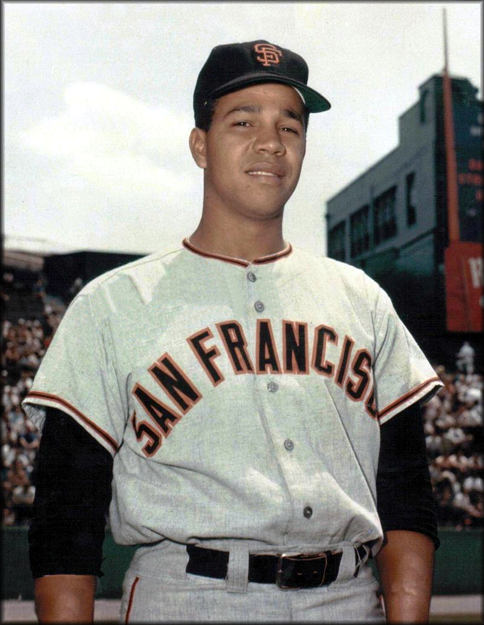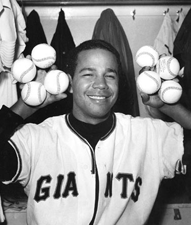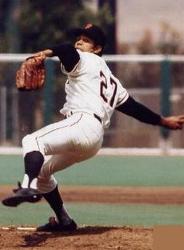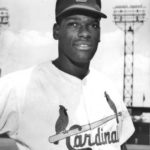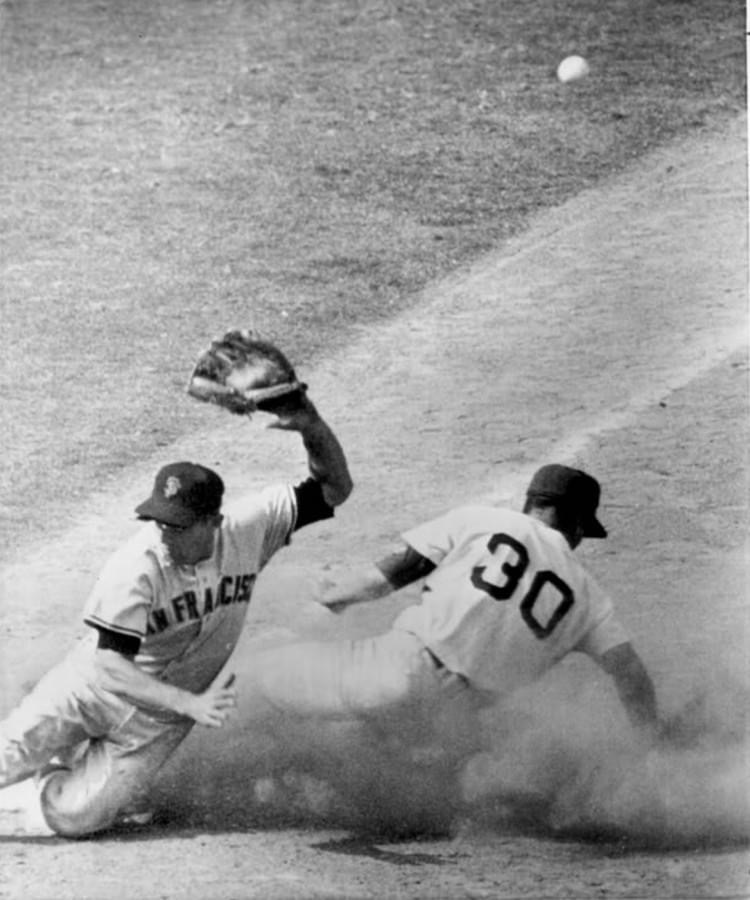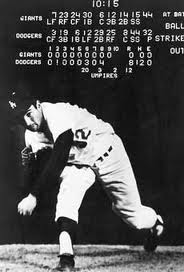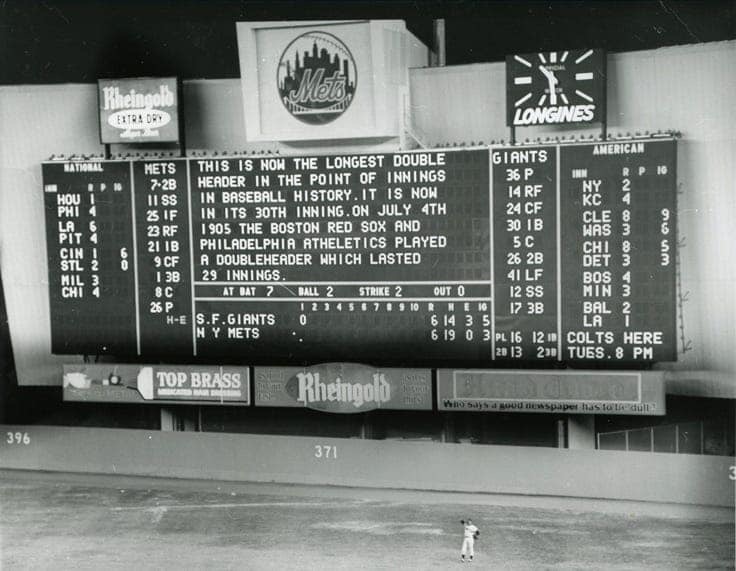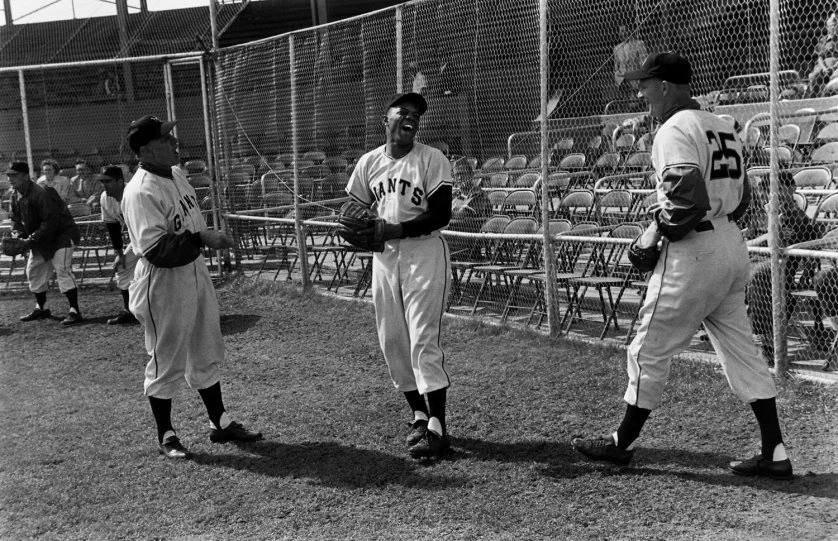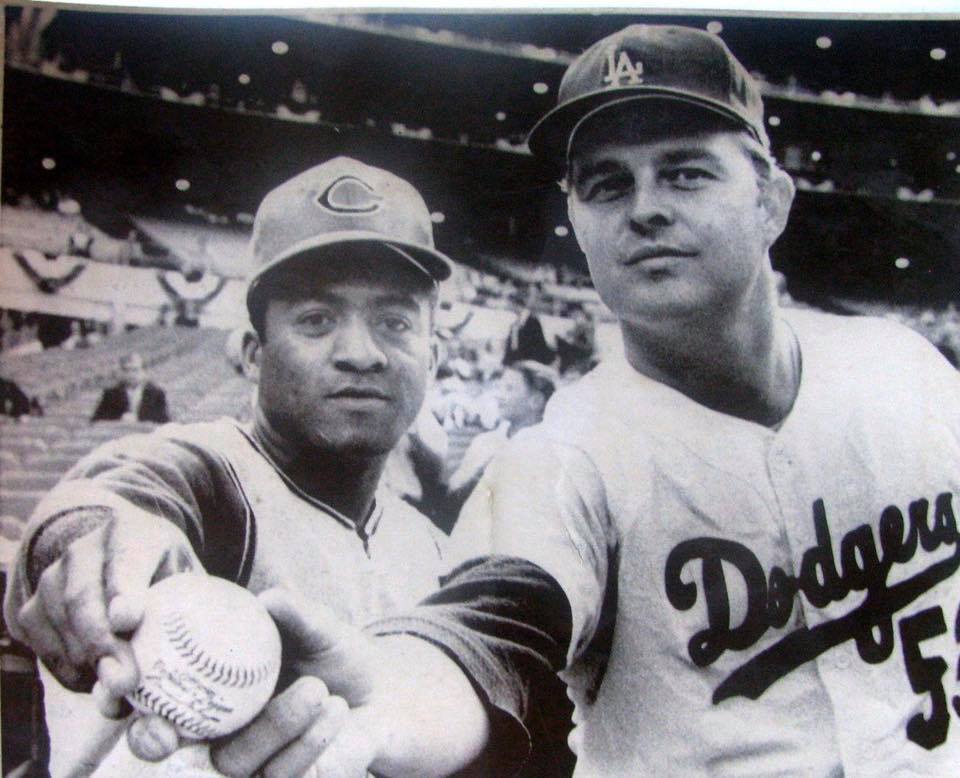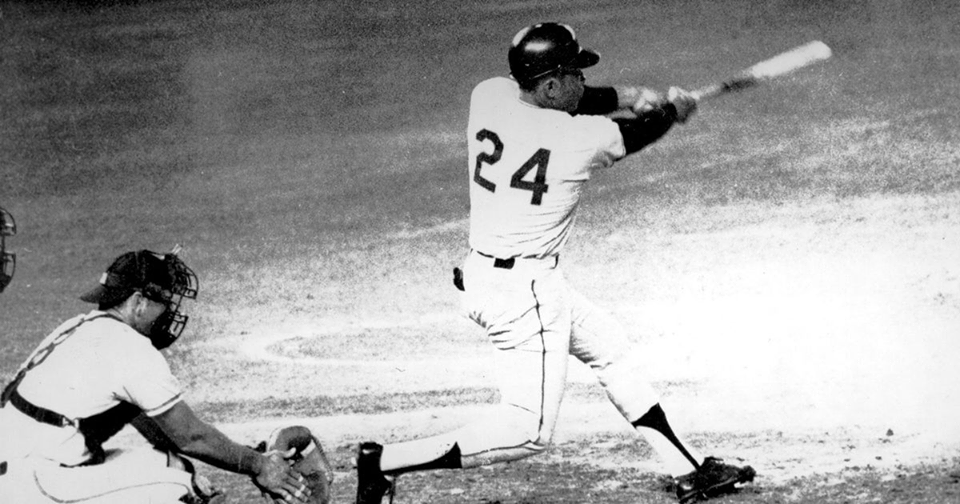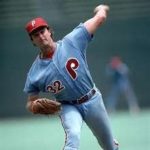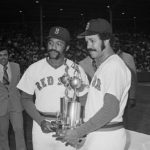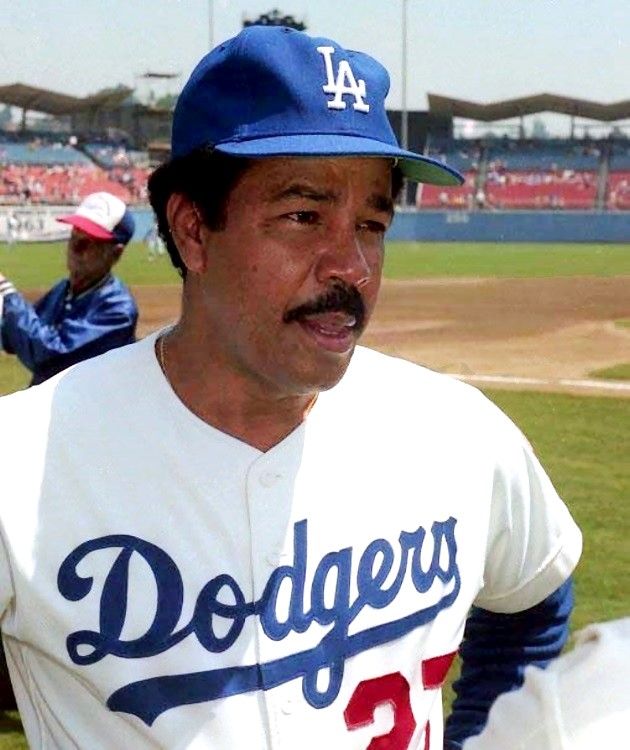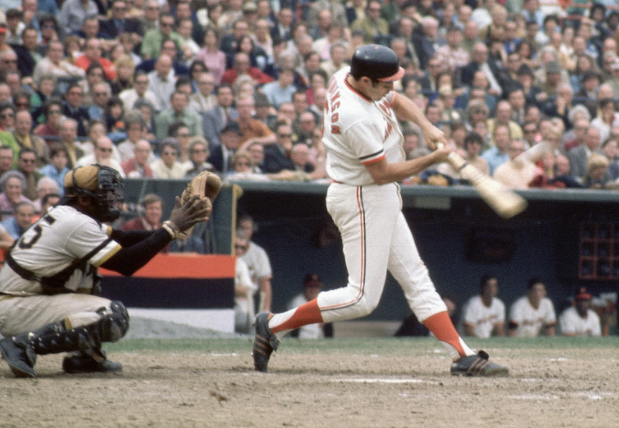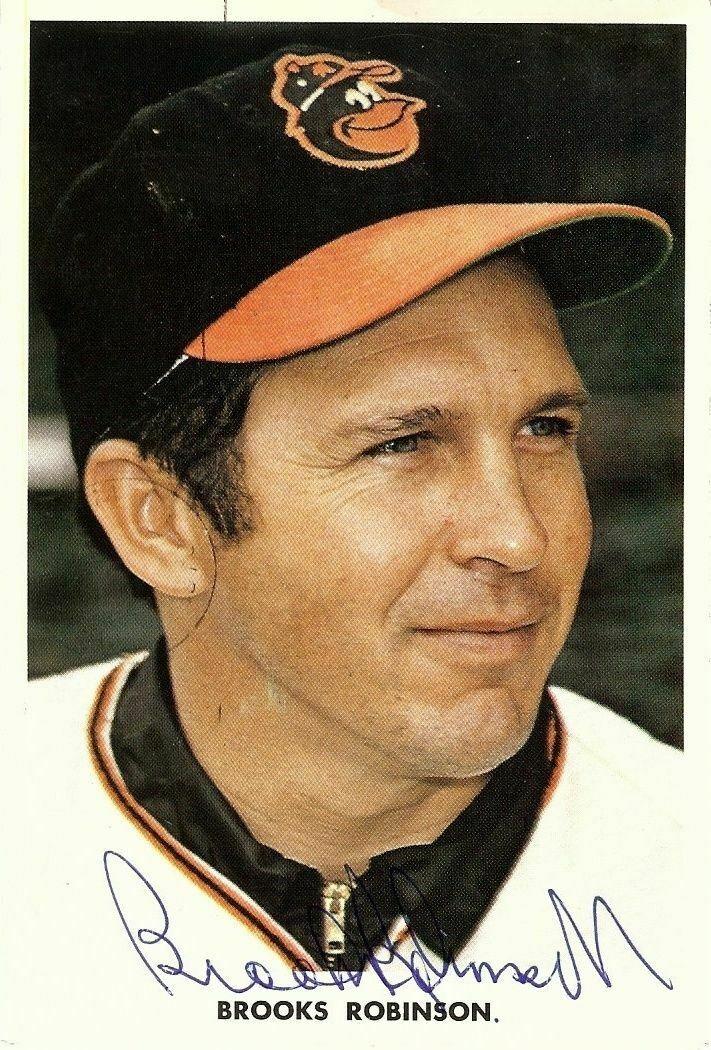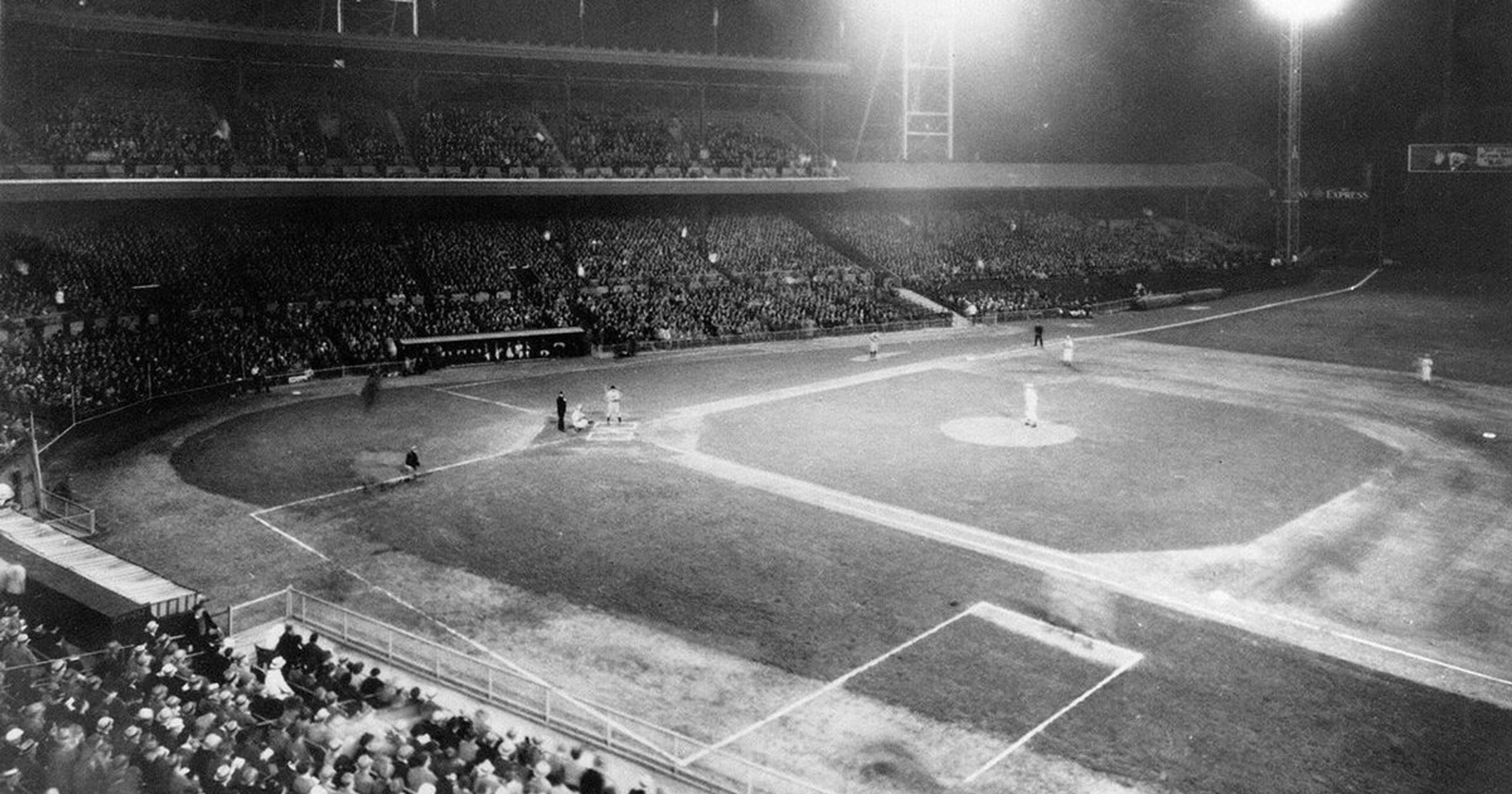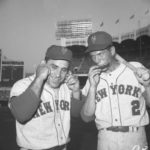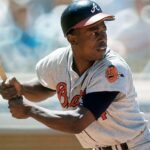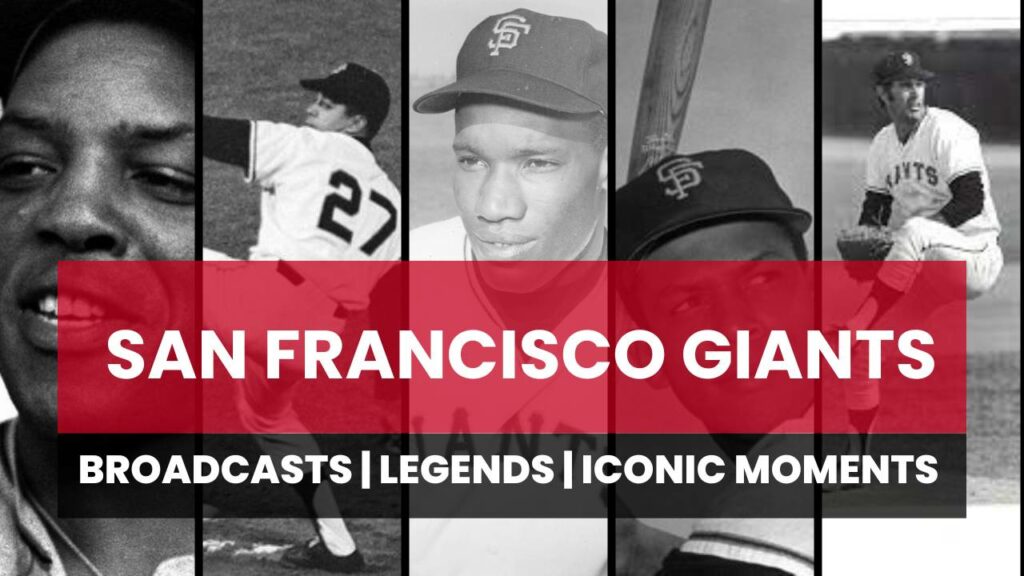Juan Marichal Stats & Facts
Juan Marichal Stats & Facts
Position: Pitcher
Bats: Right • Throws: Right
6-0, 185lb (183cm, 83kg)
Born: October 20, 1937 in Laguna Verde, Dominican Republic
Debut: July 19, 1960 ( 9,364th in MLB history)
vs. PHI 9.0 IP, 1 H, 12 SO, 1 BB, 0 ER, W
Last Game: April 16, 1975
vs. CIN 2.1 IP, 6 H, 0 SO, 2 BB, 4 ER
Hall of Fame: Inducted as Player in 1983. (Voted by BBWAA on 313/374 ballots)
View Juan Marichal’s Page at the Baseball Hall of Fame (plaque, photos, videos).
Full Name: Juan Antonio Marichal
Nicknames: Manito, Dominican Dandy or Mar
Pronunciation: \MEHR-ih-shal\
Twitter: @JuanMarichal27
View Player Bio from the SABR BioProject
Relatives: Cousin of Jose Acevedo; Father-In-Law of Jose Rijo
Juan Marichal Stats & Facts Notable Events and Chronology for Career
Juan Marichal
Perhaps the most underrated and overlooked truly great pitcher in baseball history, Juan Marichal spent many of his peak years being overshadowed by the great Sandy Koufax. He also usually came out second best in comparisons made between himself and legendary St. Louis Cardinals righthander Bob Gibson. During the second half of Marichal’s career, comparable pitchers such as Tom Seaver and Steve Carlton received more acclaim. But, when all was said and done, Marichal won more games (191) during the 1960s than any other pitcher. The San Francisco Giants righthander also joined Koufax as one of only two hurlers in the post-war era (1946-date) to record as many as three 25-win seasons. And, even though Marichal continues to be ranked behind Gibson by most baseball historians, he compiled remarkably similar numbers to the St. Louis fireballer over the course of his career. Gibson left the game in 1975 with a record of 251-174, an ERA of 2.91, 255 complete games, 3,117 strikeouts, and 3,279 hits allowed in 3,884 innings of work. Marichal retired the same year with a career record of 243-142, an ERA of 2.89, 244 complete games, 2,303 strikeouts, and 3,153 hits allowed in 3,507 innings pitched. It is likely that the lack of appreciation accorded Marichal over the years stems largely from the fact that he never won the Cy Young Award, and, also, that he never had much of an opportunity to display his consummate pitching skills in the World Series. Nevertheless, the man known as The Dominican Dandy has to be considered one of the finest pitchers of his era, and one of the best ever.
Biography:
Born in Laguna Verde, Dominican Republic on October 20, 1937, Juan Antonio Marichal Sanchez learned to pitch as a youngster using a homemade baseball. Discovered as a teenager by Ramfis Trujillo, the son of the late Dominican dictator Rafael Leonidas Trujillo, Marichal was enlisted to the Dominican Air Force by order of the younger Trujillo immediately after pitching its baseball team to a 2-1 victory in a game played in Marichal’s home town of Monte Cristi.
After being signed by the San Francisco Giants in 1958, Marichal won a total of 39 games over the next two seasons as he rapidly advanced through the team’s minor league farm system. Called up by the Giants midway through the 1960 campaign, the 22-year-old righthander excelled immediately, shutting out the Philadelphia Phillies on one hit in his major league debut. He followed that up by throwing a four-hitter at the eventual world champion Pittsburgh Pirates four days later. Marichal ended the year with a record of 6-2 and an ERA of 2.66.
Beginning the 1961 campaign as a regular member of San Francisco’s starting rotation, Marichal posted 13 victories while compiling a somewhat mediocre 3.89 earned run average. He developed into arguably the team’s most reliable starter the following year, when he compiled a record of 18-11 and a 3.36 ERA. Marichal likely would have reached the 20-win plateau for the first time in his career had he not injured his foot in early September, causing him to miss his next few starts. The righthander got his only taste of World Series play one month later, when the Giants faced the Yankees in the Fall Classic. Marichal started Game Four for San Francisco but had to be removed from the contest after tossing four shutout innings when he injured his finger trying to bunt.
Marichal took his game to the next level in 1963, starting a string of four consecutive seasons in which he surpassed 20 victories. Employing an exceptionally high leg kick and a wide variety of motions that enabled him to deliver his curve, screwball, slider, and blinding fastball from any number of angles, Marichal completely baffled National League hitters. By finishing the campaign with a record of 25-8, he tied Sandy Koufax for the league lead in victories. Marichal also placed among the league leaders with a 2.41 ERA, 248 strikeouts, 5 shutouts, and 18 complete games, and he topped the circuit with 321 innings pitched.
Marichal was involved in two memorable games during that 1963 season. He hurled a 1-0 no-hitter against Houston on June 15. A little over two weeks later, on July 2, the Dominican righthander took part in one of the finest pitched games in baseball history. Marichal locked up with the ageless Warren Spahn in a marathon that remained scoreless heading into the 16th inning. At one point during the latter stages of the contest Giants manager Alvin Dark approached Marichal on the mound with the thought in mind of removing the 25-year-old righthander from the fray. An upset Marichal reproached his manager by saying, “I’m not coming out until that old man over there leaves the game.”
(Spahn was 42 at the time). Marichal ended up working all 16 innings and winning the game when Willie Mays homered off Spahn in the final frame.
Marichal also pitched exceptionally well in 1964 and 1965. In the first of those years, he led the league with 22 complete games and also finished among the leaders with a record of 21-8, a 2.48 earned run average, and 269 innings pitched. Marichal was even better in 1965, compiling a record of 22-13, an ERA of 2.13, 24 complete games, 240 strikeouts, 295 innings pitched, and a league-leading 10 shutouts. Nevertheless, Marichal’s outstanding year was marred by an ugly incident that occurred on August 22 at San Francisco’s Candlestick Park.
With the Giants and Dodgers involved in a hotly-contested pennant race, tempers boiled over during a matchup between baseball’s two finest hurlers, Marichal and Los Angeles pitching ace Sandy Koufax. After knocking down two Dodger batters with inside pitches earlier in the game, Marichal stepped to the plate for the Giants. Los Angeles catcher John Roseboro, the victim of one of Marichal’s brush-back pitches, called for Koufax to retaliate in kind. However, Koufax refused since he did not believe in intentionally throwing at hitters. Roseboro subsequently took matters into his own hands by returning one of Koufax’s offerings to his pitcher by whistling the ball past Marichal’s ear. Marichal directed a few choice words towards Roseboro, who stood up and ripped off his catcher’s mask. Marichal responded by delivering a couple of blows to Roseboro’s head with his bat, sparking one of the most famous brawls in baseball history.
A bloodied Roseboro left the field, accompanied by Willie Mays, while several other Giants and Dodgers players came close to blows while exchanging threatening gestures and verbal taunts. Marichal’s actions resulted in a $1,750 fine and a week’s suspension, causing him to miss his next two starts as the Giants finished two games behind the Dodgers.
The unfortunate incident created a false impression in the minds of many as to the quality of Marichal’s character. A quiet and gentle man who generally impressed others with his grace and elegance, Marichal acted completely out of character in his attack on Roseboro. The Dodger catcher recognized that fact by subsequently forgiving Marichal, with whom he eventually developed a strong bond. In fact, Roseboro ended up campaigning for Marichal’s election to the Hall of Fame when the righthander’s imprudent actions prevented him from being inducted in either of his first two years of eligibility.
Although Marichal’s reputation suffered as a result of his 1965 altercation with Roseboro, his pitching did not. The righthander compiled a record of 25-6 the following year, to lead the league with an .806 winning percentage. He also finished among the leaders with a 2.23 ERA, 222 strikeouts, 25 complete games, and 307 innings pitched, while amazingly walking only 36 batters. Marichal’s exceptional year earned him a sixth-place finish in the league MVP voting.
Marichal’s performance slipped somewhat in 1967, as he won only 14 games despite posting an outstanding 2.76 ERA. However, he rebounded the following year to have one of the finest seasons of his career. In The Year of the Pitcher, Marichal was one of baseball’s best, posting a record of 26-9 to lead all National League hurlers in victories. He also topped the circuit with 30 complete games and 326 innings pitched, while placing among the leaders with a 2.43 ERA, en route to earning a fifth-place finish in the league MVP balloting.
Marichal had another outstanding year in 1969, finishing 21-11, leading the league with a 2.10 ERA and eight shutouts, and placing among the leaders with 27 complete games, 299 innings pitched, and 205 strikeouts.
The 1969 campaign was Marichal’s last truly dominant season. After suffering a severe reaction to penicillin early in 1970 that led to chronic arthritis, he won only 12 games that year. Having lost much of his former stuff, the 33-year-old Marichal used his guile and deceptive delivery to post 18 victories in 1971. However, he finished a combined 17-31 the next two seasons, prompting his sale to the Boston Red Sox prior to the start of the 1974 campaign. Pitching sporadically for Boston, Marichal won five of his nine starts before being released by the team at season’s end. He appeared briefly with, of all teams, the Dodgers the following year, pitching ineffectively in his two starts before announcing his retirement. Upon making his decision, Marichal told Dodgers owner Walter O’Malley, “If I can’t pitch as well as I want to, I can’t take your money.”
Marichal ended his career having won more than 20 games six times. He compiled an ERA below 2.50 and struck out more than 200 batters six times each, and he threw more than 300 innings on three separate occasions. Marichal led the National League in wins, complete games, shutouts, and innings pitched twice each, and in ERA once. Blessed with exceptional control, Marichal walked only 709 batters in over 3,500 innings of work over the course of his career, compiling a strikeout-to-walk ratio of roughly 3.25 to 1 – one of the best in baseball history. He appeared in nine All-Star Games. Marichal was elected to the Baseball Hall of Fame in 1983, in his third year of eligibility.
Despite never winning the Cy Young Award, Juan Marichal was consistently recognized as one of the finest pitchers of his era. Only the greatness of Sandy Koufax and the brilliant 1968 campaign turned in by Bob Gibson prevented Marichal from ever gaining general recognition as baseball’s greatest pitcher. The hitters who stepped into the batter’s box against Marichal, though, consider him to be at least the equal of any pitcher they ever faced. And no one ever comported himself with more grace and elegance on the mound.
Sportswriter Bob Stevens once wrote, “If you placed all the pitchers in the history of the game behind a transparent curtain, where only a silhouette was visible, Juan’s motion would be the easiest to identify. He brought to the mound beauty, individuality, and class.”

